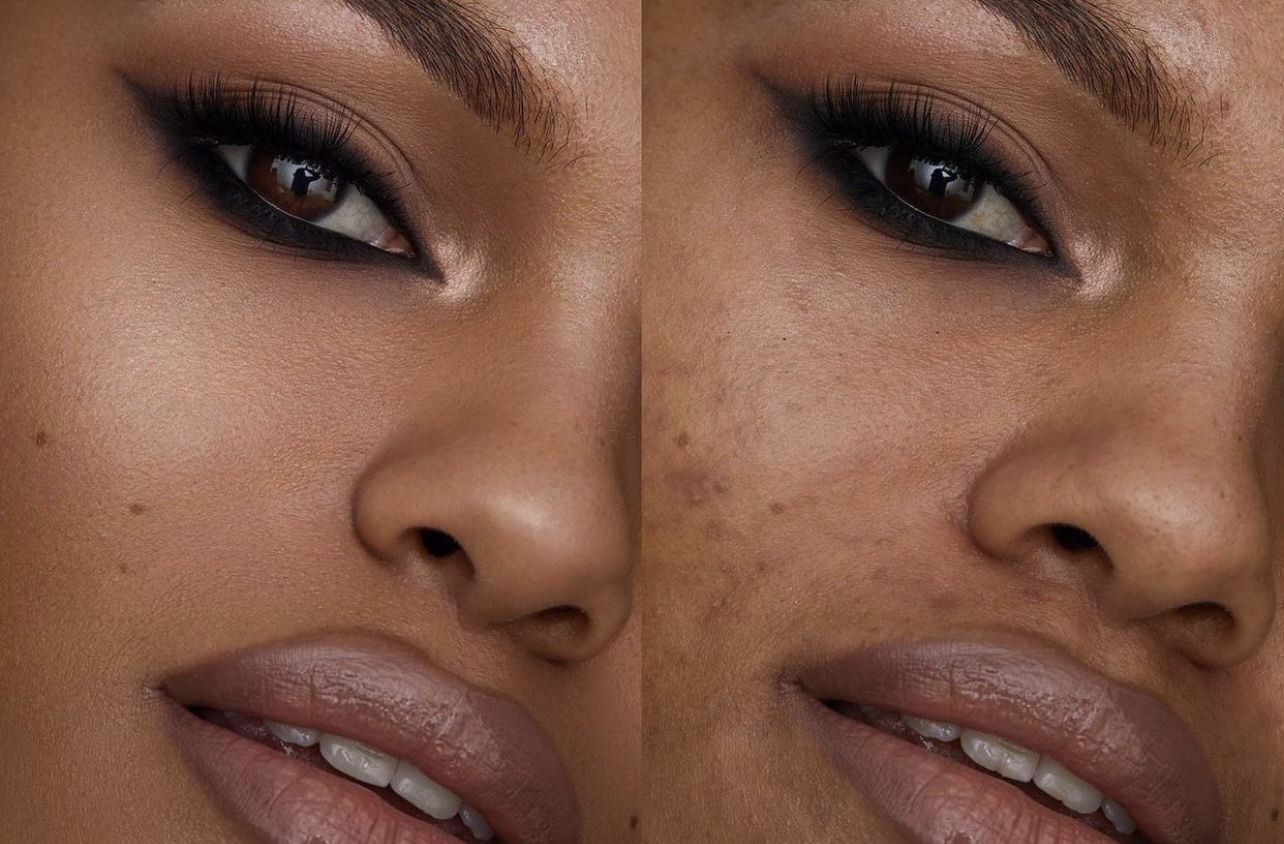A law has recently been approved in Norway which provides for obligation to report body retouching in all advertisements. If this does not happen? Take the fine.

Despite being directed to any type of adv, the news caused a sensation related to social networks.
All photo retouching aimed at changing the physical appearance must be compulsorily reported. Smooth faces, filters, distorted body shapes, altered skin color and texture will be accompanied by a specific warning that will make the audience aware of what they are really looking at.
Rationally, as we all know, what is proposed on social networks with the countless images to which we are exposed every day, is a fictitious stereotype of the body, but emotionally I challenge anyone to never have thought, at least once, “I would like to be like her/him/*, why am I not like that?”. It’s precisely for this reason that Norway decided to take measures to limit social pressure inherent in physical appearance and to protect the most sensitive subjects, including adolescents and young people, who are subjected to images with non-existent standards of beauty every day.

Blocking the negative influence of advertising images is difficult, but this order is a first step to be able to meet the most fragile people, already put to test in a difficult period like this.
Looking at the data, it is no coincidence that, globally, suicides, suicide attempts and psychiatric hospitalizations linked to low self-esteem, dysmorphophobia, eating disorders and self-harm in adolescence are increasing. It’s obvious that not all the blame can be attributed to social networks, but certainly these affect not indifferently. There is no figure who teaches children how to use these double-edged weapons, which if on the one hand they are a very powerful means of expression, communication, information and research, on the other hand they can become an instrument of self-destruction. In my opinion, now more than ever, finding themselves lost in a condition of social isolation, young people need a guide, and therefore chapeau Norway who is acting, in a small part, to stem a current problem in a period like this. The hope, state the Country, is that companies and influencers will find themselves discouraged from publishing retouched photos, thus choosing to show photos without editing.

However, in my opinion, this provision, unfortunately, is aimed exclusively at images with advertising content for commercial purposes (the only ones that can be regulated). Putting such a stringent limit on the private sector would certainly lead to an advantage towards the most sensitive people, but, at the same time, personal and creative freedom to do what you want with your body would be limited. Would you be in favor of extending this rule also in the private sector?
As you can guess, the most affected by this provision are influencers and companies, but, paradoxically, from what one might believe, it seems that Norwegian influencers proved to be happy with the arrangement taken by their Country. Country I hope will be an example and be the driving force for all the others.
And what do you think about it? Would you like Norway’s position to be extended to the whole European Union?
All images via beauty.false
——————————–
If you liked the article, read also:
The upcycling of Philip O’Donahoo and his brand New Riot is everything but simple recycling
More from fashion
Loro Piana accused of not paying its indigenous workers in Peru
"Our excellence": this is the value proposition found on Loro Piana's official website under the "viçuna" section. And indeed, how could …
A COLD WALL X Converse
A COLD WALL is a recently born British brand founded in 2005 by the very young designer Samuel Ross. Samuel …
The power of the colour pink: Jacquemus, Valentino, Balenciaga
Thinking about the last season of fashion and to the various marketing campaigns and runway we can find a constant: …







